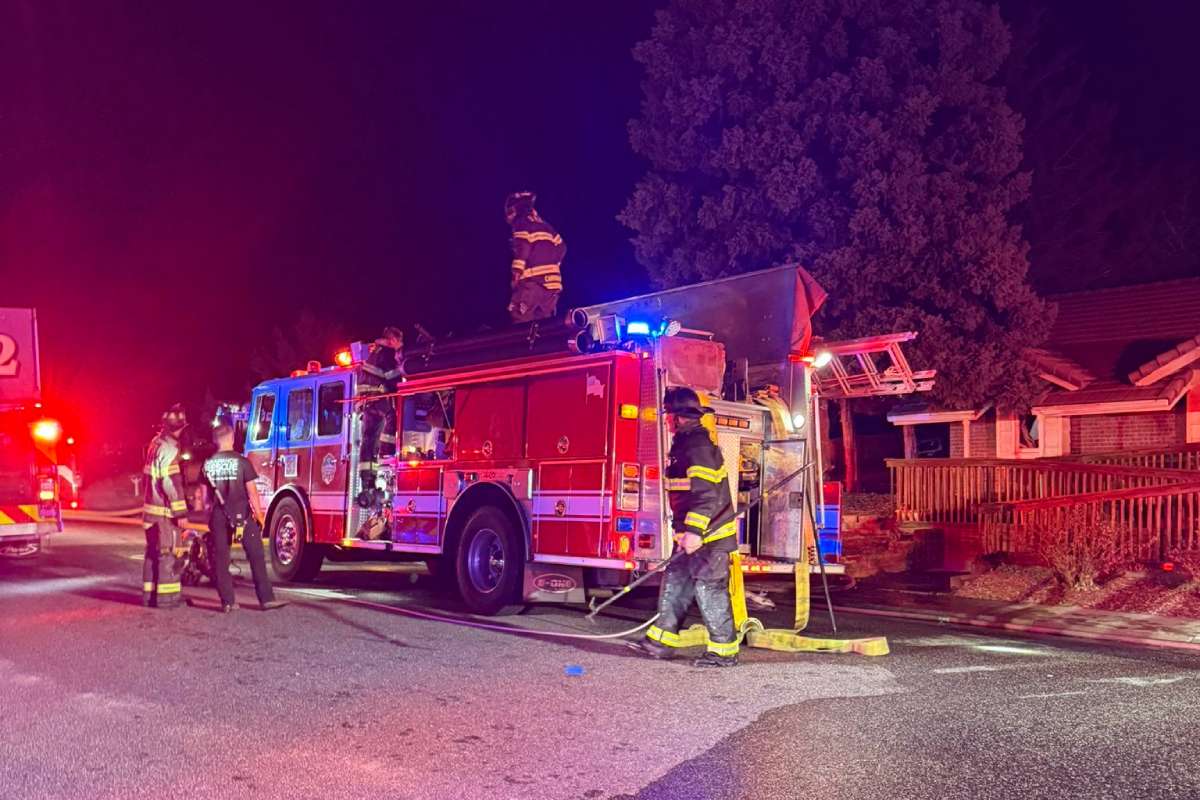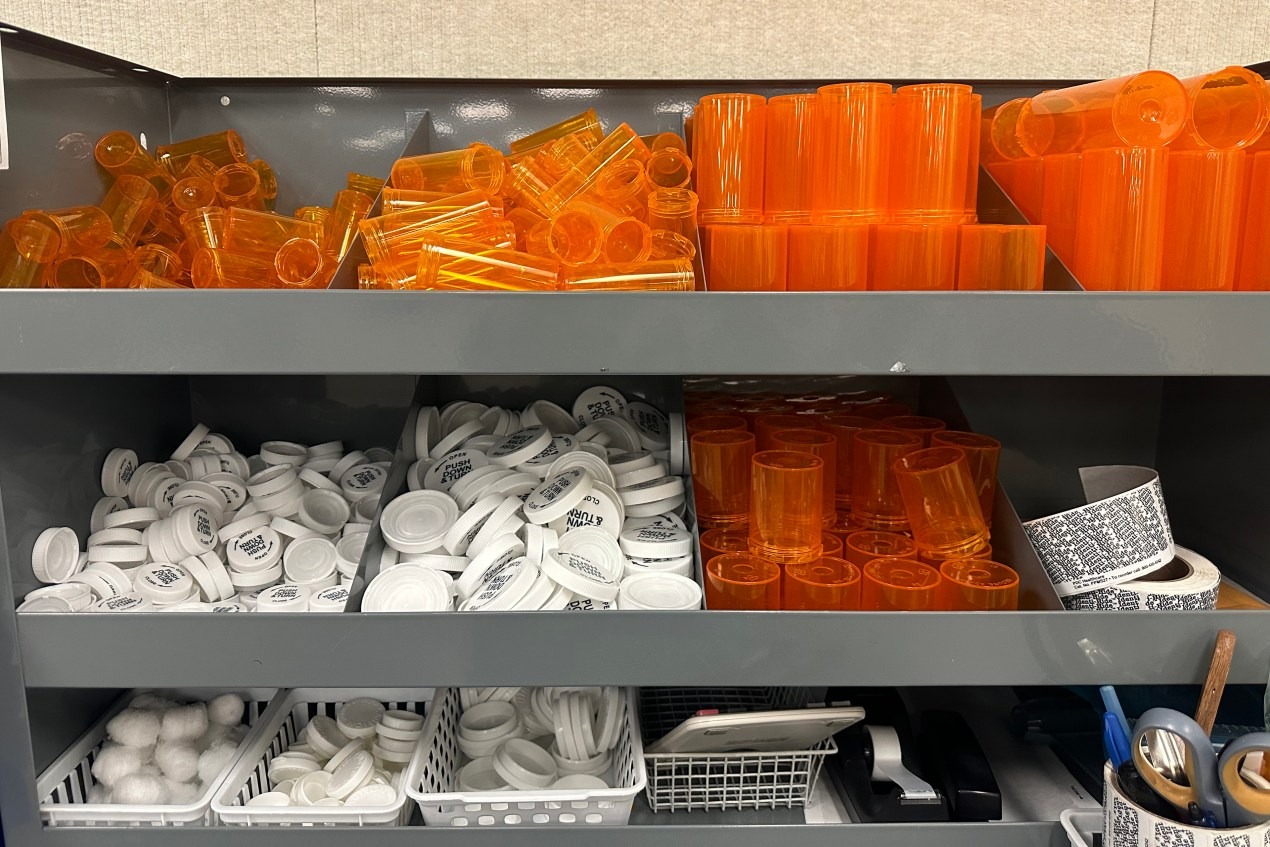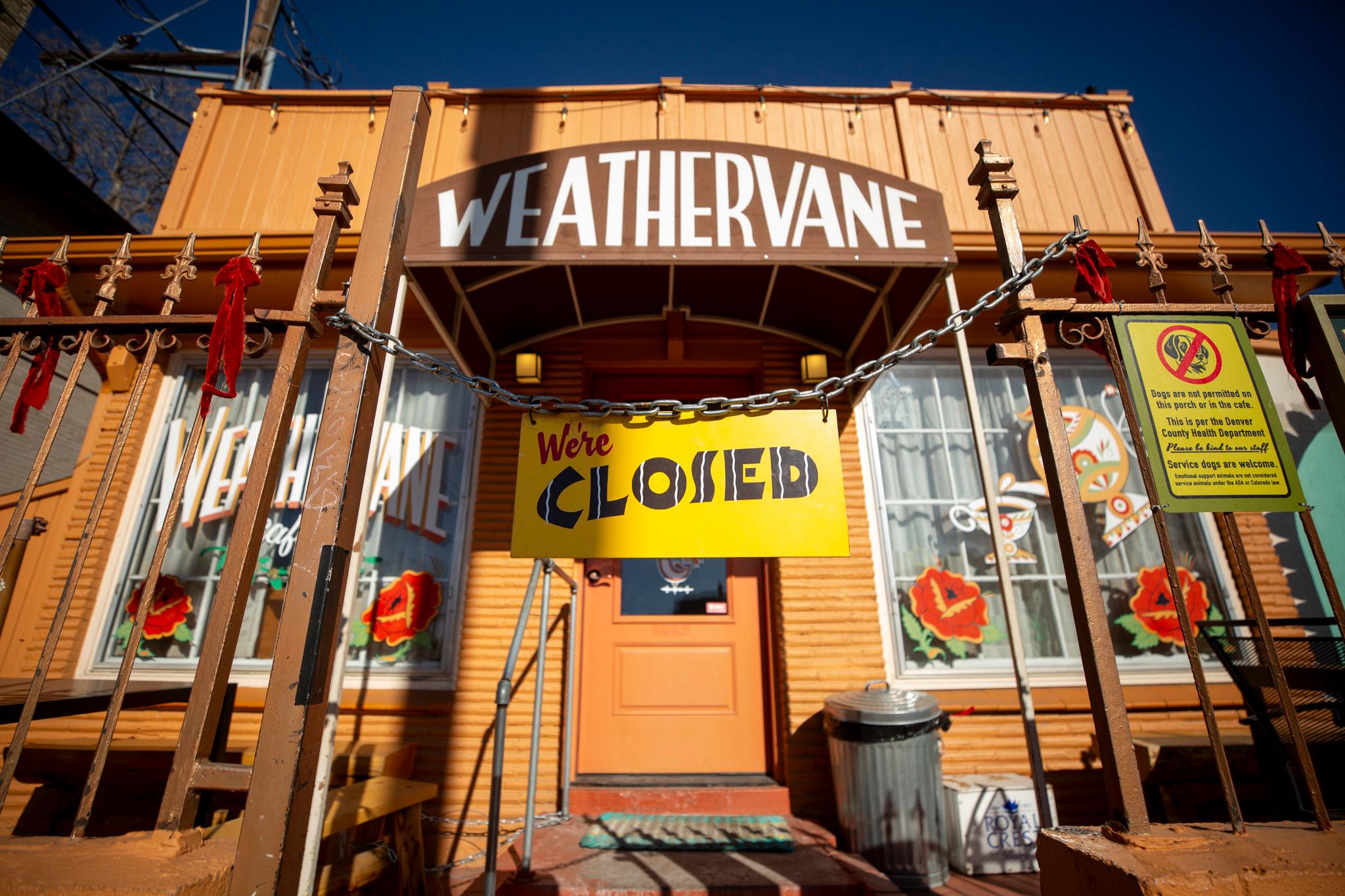
When the governor signed HB24B‑1001 almost a year ago, advocates heralded it as the tax relief the state desperately needed. The bill cut property taxes for Colorado homeowners and businesses and capped how fast local governments can grow their tax revenue, but it also reduced the taxable base used to fund many local services, including the pot of money accessed by fire protection districts.
Now, with summer in full swing and multiple fires burning across the state, some departments warn the decrease in funding could lead to untimely layoffs or even possible closures if they can’t find a way to make up for the loss.
“Our average annual shortfall over the next 10 years that we're projecting is $50 million,” South Metro Fire District Board Chair Jim Albee said. The shortfall comes as demand for services in Arapahoe and Douglas counties has increased. Calls for service are up 20 percent in the district since 2019.
Albee told CPR News the board is considering three options to make up for the funding deficit.
“The first option would be the least preferred,” Albee said. “We would need to reduce our expenses [and thus] reduce the number of people that work at South Metro.”
He said that could mean letting go of as many as 100 employees.
The other two options are to ask voters this November for either an increase in property taxes or a new sales tax across the 12 municipalities the district covers, including Parker, Greenwood Village and Littleton. Albee said the board will make a decision on a possible ballot measure by mid-August.
The organization has held two public online straw polls and is currently hosting a third. The results indicate those served by the South Metro Fire District would prefer to keep the current level of service rather than see cuts to staff — which would impact emergency response.
“It could also potentially affect the type or amount of services we can provide in areas like wildland fire, dive teams or hazmat needs. We'll always show up and do something, but we may not be fully capable of doing everything that we can today,” Albee said.
Respondents to the two completed polls also said they prefer the idea of a sales tax over a property tax.
Albee said if that’s the direction the board chooses, South Metro would ask voters to approve a 0.5 percent sales tax, which would cost shoppers $0.50 for every $100 spent and generate roughly $50 million per year for fire and emergency services, enough to make up the projected shortfall.
The legislature made several efforts during its regular session earlier this year to find additional funding for fire rescue districts. But with a $1.2 billion shortfall in the overall state budget, those efforts were unsuccessful. For now, the only relief will come from local measures like those being considered by South Metro.
Election day is November 4.









